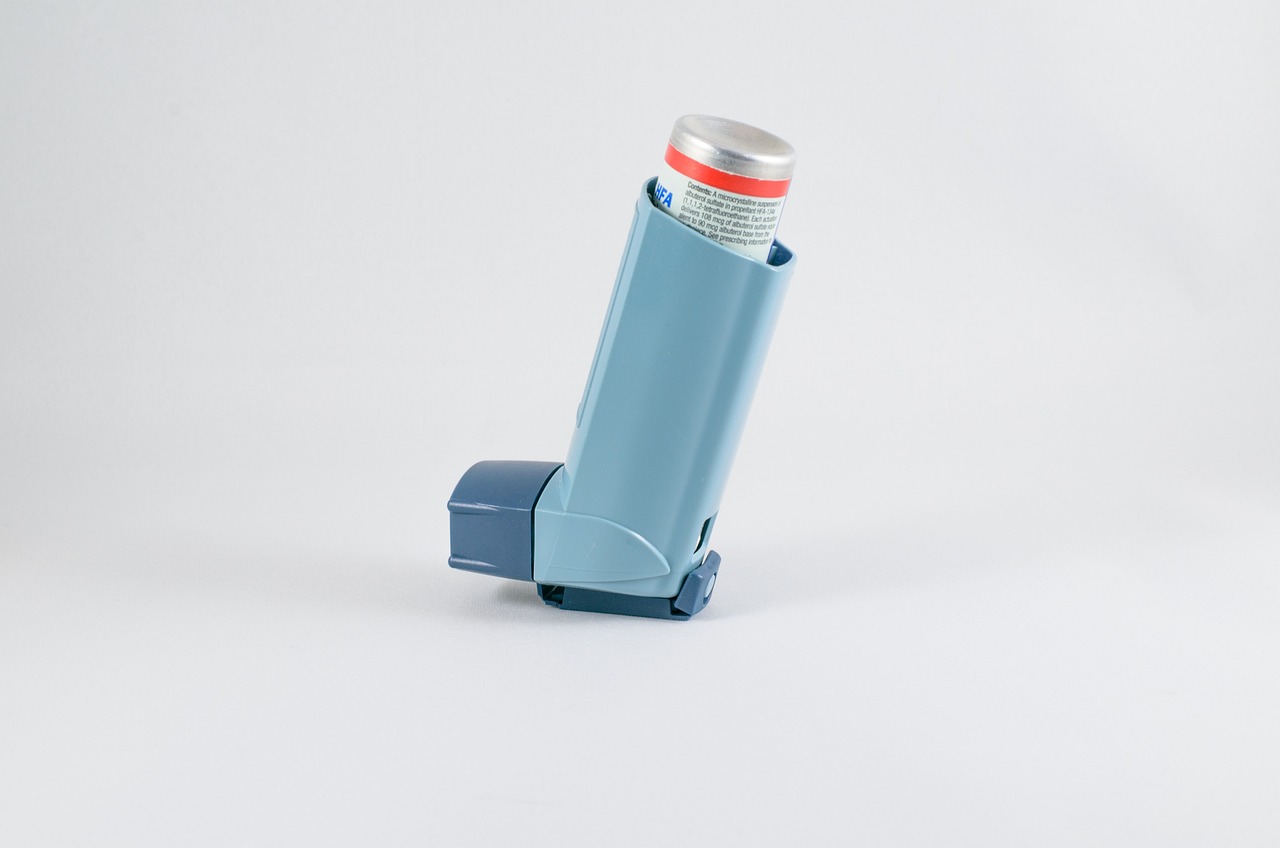Share this article with your network of friends!
As we age, it’s important to pay attention to our respiratory health, as the lungs play a vital role in our overall well-being. Respiratory problems can have a significant impact on seniors’ quality of life and may lead to various health complications. Recognizing the warning signs and symptoms of potential respiratory issues is crucial for early detection and timely intervention. In this article, we will explore key indicators that seniors should be mindful of, which may suggest the presence of respiratory problems. By staying vigilant and proactive, seniors can take charge of their respiratory health and seek appropriate medical care.
1. Persistent Cough:
A persistent or chronic cough is one of the most common symptoms of respiratory problems in seniors. If you have a cough that lasts for several weeks, especially if it is accompanied by other symptoms such as chest pain, shortness of breath, or coughing up blood, it’s important to consult with a healthcare professional. A chronic cough may indicate conditions such as chronic bronchitis, asthma, or even lung cancer.
2. Shortness of Breath:
Seniors should be attentive to any unexplained or increasing shortness of breath. If you find yourself becoming breathless during routine activities or experiencing difficulty catching your breath, it may be a sign of respiratory problems. Shortness of breath can be caused by various conditions, including chronic obstructive pulmonary disease (COPD), pneumonia, or heart failure. Prompt medical evaluation is necessary to identify the underlying cause.
3. Wheezing:
Wheezing is a whistling or rattling sound produced when breathing due to narrowed or constricted airways. It can be an indicator of respiratory conditions such as asthma or chronic obstructive pulmonary disease (COPD). If you notice wheezing or hear abnormal sounds while breathing, it is important to seek medical advice to determine the cause and appropriate treatment options.
4. Chest Pain or Tightness:
Seniors should be attentive to any persistent or recurring chest pain or tightness. While chest pain can be associated with various conditions, including heart problems, it can also be a symptom of respiratory issues. Conditions such as pneumonia, pulmonary embolism, or pleurisy can cause chest discomfort. Any unexplained or concerning chest pain should be evaluated by a healthcare professional.
5. Recurring Respiratory Infections:
Frequent or recurring respiratory infections, such as bronchitis or pneumonia, can be an indication of underlying respiratory problems or weakened immune function. Seniors should be mindful of the frequency and severity of respiratory infections and seek medical attention if infections become more frequent or if they experience difficulty recovering from them.
6. Chronic Fatigue or Weakness:
Persistent fatigue or weakness can be a sign of respiratory problems, especially if it is accompanied by other respiratory symptoms. Conditions such as COPD or sleep apnea can lead to reduced oxygen levels, resulting in fatigue and decreased energy levels. If you find yourself experiencing unexplained or worsening fatigue, it is important to discuss it with a healthcare professional.
Conclusion:
Maintaining respiratory health is crucial for seniors to enjoy a good quality of life. By staying vigilant and recognizing potential warning signs such as persistent cough, shortness of breath, wheezing, chest pain, recurring infections, or chronic fatigue, seniors can seek early medical intervention and prevent further complications. Regular check-ups with healthcare providers, practicing good respiratory hygiene, avoiding exposure to environmental pollutants, and following prescribed treatments are essential for maintaining optimal respiratory health. Remember, taking care of your lungs ensures that every breath is a breath of vitality and well-being.
DISCLAIMER: This website contains articles for informational and entertainment purposes only. No articles on this website should be considered as professional advice for any medical, legal, or financial matter. Advertisements and content may contain affiliate links, where the website earns a commission for sales derived from our users.





